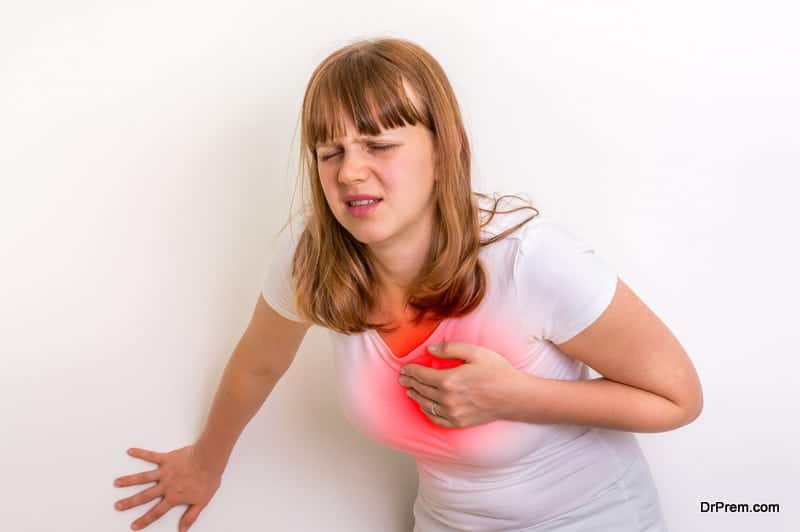Heat stroke is a condition where your body temperature rises to more than 40.6 °C (105.1 °F) due to environmental heat exposure. It is accompanied by one’s inability to control body temperature on his/her own. Anyone is prone to heat stroke, from children to young adults and aged persons. If you have an inclination to enjoy the sun, you need to be cautious as the sun may prove dicey and harm you. Heat stroke is particularly a cause of death for many people, particularly the aged in warm countries. By and large, you can prevent heat stroke by avoiding overheating and dehydration. But in case you get one, or find someone affected, a quick guide discussed below can help. Read on.
Complexity Level: Moderate
Time Required: 1-2 days
Resources Required:
- Ice packs
- Water/water sheet
- Towel
- Fan
- Medical aid contact detail
Instructions:
1. Be prompt and provide first aid: A prompt first-aid can significantly reduce the severity of the problem and make it potentially less damaging for the victim. In case of heat stroke, you can provide first aid in the form of cooling the person (particularly lowering the heated temperature of body). Take the person to a relatively cooler place (even a shade) and let the fan circulate cool air. You can also remove clothings to cool the person fast. It is recommended to give water frequently to the victim but intake should be slow (sudden gulping has to be avoided). He/she may be sprayed with cold water for quick relief. Put ice packs or a wet towel in the armpits, head and groin area. A water sheet can also be used. In case the person shows no signs of recovery, call for medical assistance without waiting longer. Continue first aid in line with the advice from the expert if you managed to quickly ask any over phone.
2. Keep a close monitor: Keep a watch on the symptoms. Heat stroke symptoms ainclude vomiting, dizziness, unconsciousness etc. Keep the victim conscious as far as you can. Look out for factors like rate and depth of breathing and ensure healthy circulation. Children, particularly, may not be able to explain the gravity of the situation and need greater attention.
3. Preventive measures: There are some don’ts which are critical. If not followed, the situation may worsen and become fatal for the victim. There should be no administration of drinks with caffeine or alcohol. It can increase dehydration. Aspirin (fever medication) or salt tablets are also to be avoided. A thyroid imbalance can also aggravate this condition. Let the victim rest on his/her back instead of lying down. Dealing with children needs greater care. Ask for medical aid instantly if symptoms appear alarming and uncontrollable.
4. Protect yourself from sun heat: It is best to prevent a heat stroke as far as possible. When going out in sun, ensure that you carry adequate fluids (particularly water). The apparel should be cozy and body friendly. At times, comfort is more desirous than style. While exercising, take breaks and rest often. Stay in the shade whenever possible. Park your vehicle in the shade whenever you can. When it is heated up, let it cool off before getting in. Heat stroke is very damaging but can be prevented effortlessly.
Frequently Asked Questions:
What are the signs and symptoms of heat stroke?
A heat stroke may show starting symptoms like thirst, dry skin, dizziness, decreased urination, parched mouth and mucus membranes and increased heart beat. Particularly, visible signs among children are absence of tears, dry mouth and tongue, sunken abdomen or eyes. Their skin will not flatten after a pinch. Severe symptoms may appear in the form of nausea, vomiting, increased dizziness, fatigue and considerable weakness. These are warning signals and require medical aid. Lastly, the victim may show alarming signs which can be potentially damaging. These include inability to sweat, rapid pulse, seizure, agitation, hallucinations and may lead to coma. If left unattended, the victim may suffer from a long lasting damage to any of his/her vital organs including the brain.
Quick Tips:
- Outdoor activities in summer season should be accompanied by sufficient fluid supplement.
- Use hats and light colored clothes to lessen the effect of heat.
Things To Watch Out For:
- Ask for instructions to assist the victim from emergency helpline (by the time help arrives).
- Continue first-aid till medical aid arrives.
- Do not leave children inside car in hot days, even with windows partially open.




